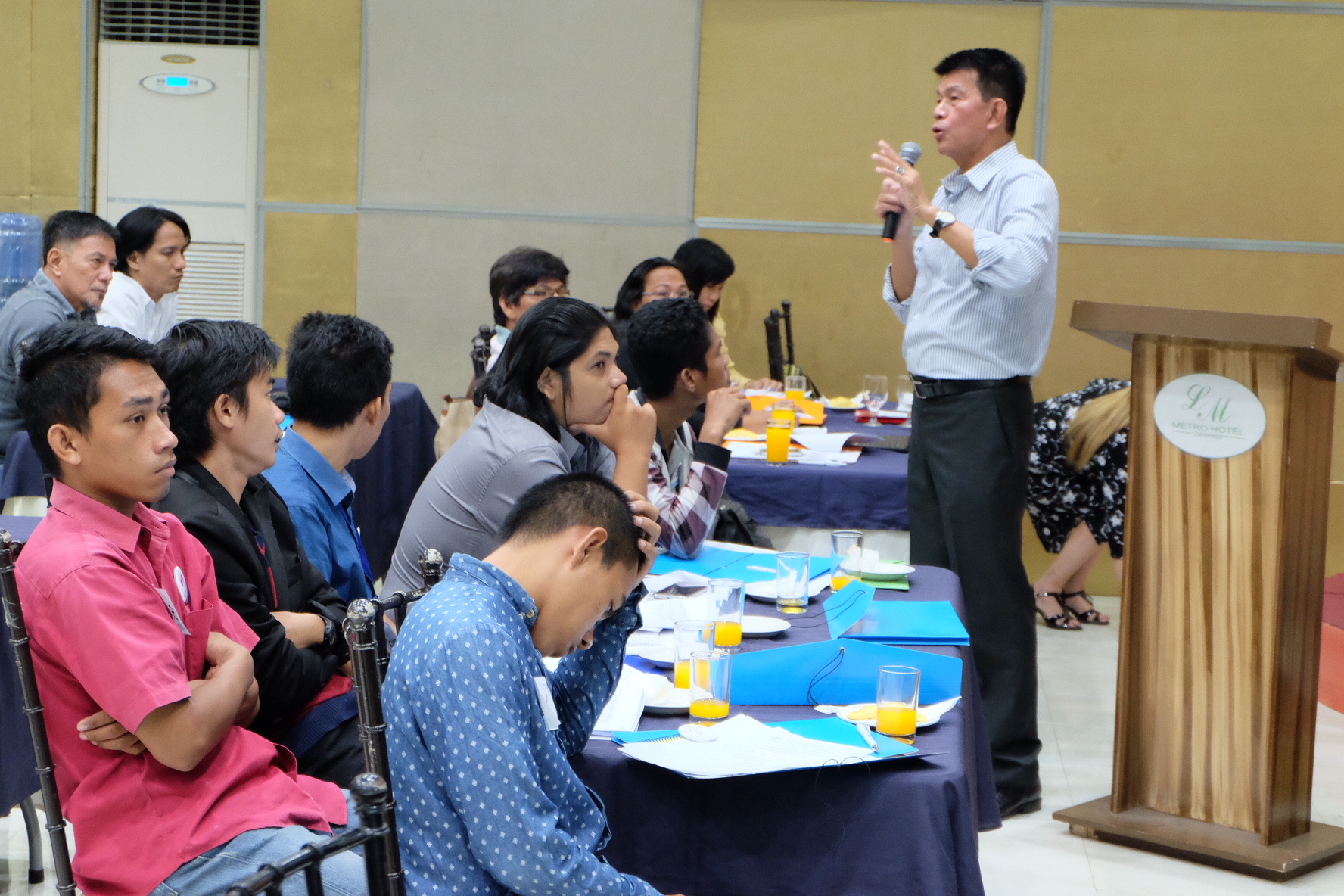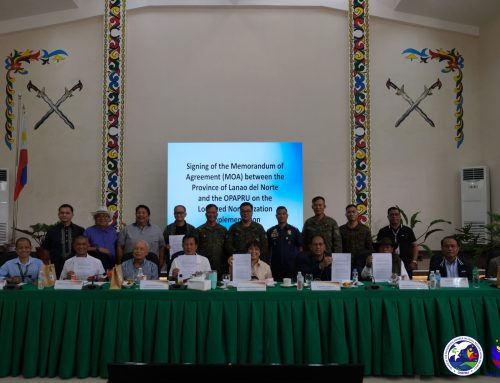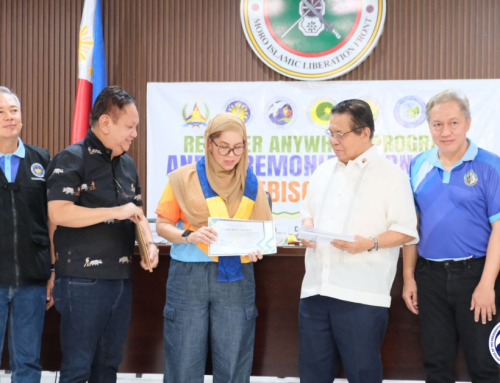ZAMBOANGA CITY – Undersecretary Nabil Tan, the deputy presidential adviser on the peace process, said sustaining the gains of the peace process in Mindanao could help prevent violent extremism.
Tan, who has been actively involved in the peace negotiations representing the government in the talks with the Moro fronts for years, made the appeal during a forum on the Bangsamoro Peace Process and Countering Violent Extremism and Terrorism on Sunday, September 17.
He said furthering the peacebuilding in Mindanao would discourage the emergence of violent extremism and radicalism particularly in conflict-ridden areas.
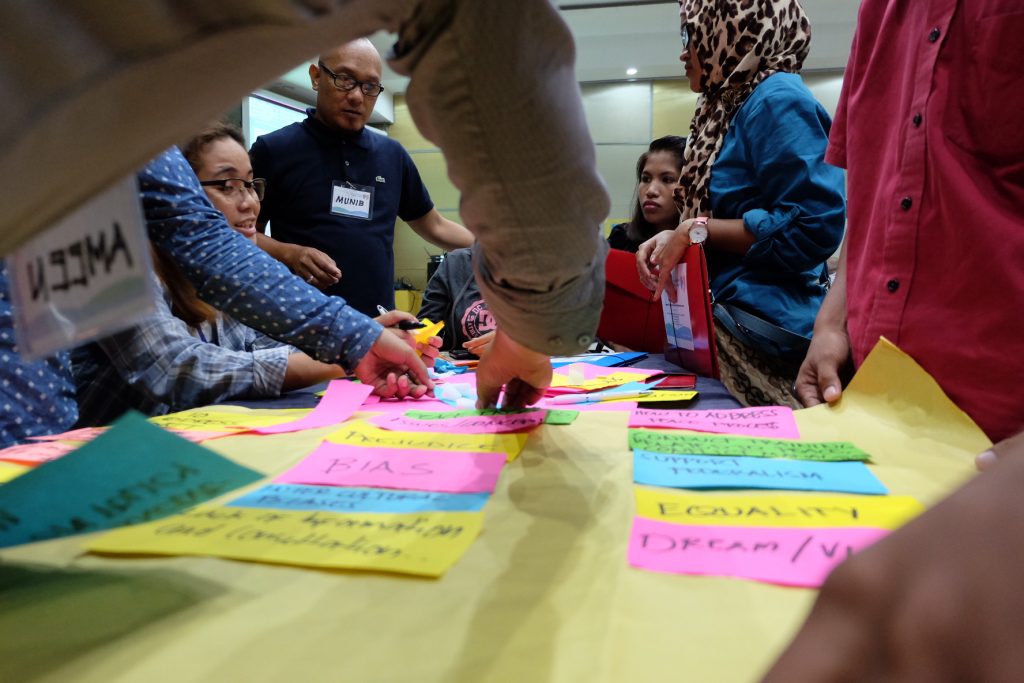
Tan provided updates on the developments of the implementation of the peace agreements with the government and the Moro National Liberation Front (MNLF) and the Moro Islamic Liberation Front (MNLF).
He exhorted the need to support the overall peace process in Mindanao amid the ongoing conflict in Marawi.
“The crisis in Marawi is just a microcosm of things until and unless fully healed, conflict can erupt,” he said, adding that the Office of the Presidential Adviser on the Peace Process (OPAPP) “will actively engage in the social and cultural healing processes because they are very important.”
“The social healing and cultural healing is part of the Task Force Bangon Marawi, which OPAPP is a member,” he said.
“Poor governance, non-involvement of the youth, education, health, etc. these can be drivers of extremism because when hope is almost lost, which is prevalent in the conflict area, it’s a fertile ground for extremism,” Tan, chairperson of the government implementing panels dealing with the MILF and MNLF, said.
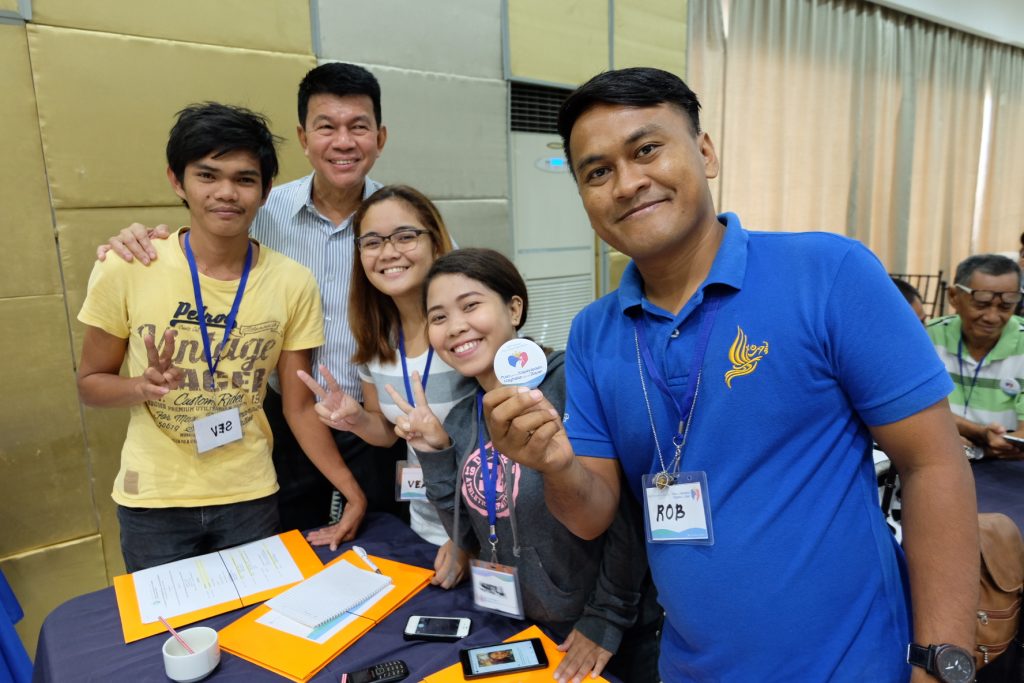
Sheik Zayd Ocfemia, chairperson for social affairs of the Zamboanga Peninsula Ulama Council, emphasized during the forum that wrong interpretations of the teachings of Islam, and the vulnerability of the people in the conflict-prone areas are some of the major causes of the violent extremism in Mindanao.
Tolerance and co-existing with other religions are at the center of the teachings of Islam, he said.
Quoting a verse from the holy Quran, Ocfemia said Islam is against the notion of using violence.
He said the Ulama or Muslim clerics in the country have earlier issued a fatwa or Islamic law declaring terrorism as haram or forbidden.
Ocfemia noted that they have laid down several actions to address violent extremism and terrorism through countering “the narrative of the radicals and the war mongers by instituting policies and programs aimed at reducing poverty, promoting social justice and equal opportunities regardless of religion or ethnicity.”
The Ulama also called on to strengthen “interfaith dialogues with the cultural and religious sensitivities of all groups in order to attract wider participation among Muslim scholars.”
Prof. Alih Aiyub secretary-general of the National Ulama Council of the Philippines, said the mixture of structural violence in Mindanao has provided a conducive environment for radicalism to emerge.
He said a comprehensive solution to address the social ills in the conflict-ridden areas should be implemented on the ground.
For his part, Rear Admiral Rene Medina, commander of Naval Forces Western Mindanao, said the military is tapping all sectors, particularly the Moro fronts to “completely defeat terrorism.”
“Security is a shared responsibility. It needs sustainment of partnership between the different stakeholders,” Medina said, representing Lt. Gen. Carlito Galvez, the commander of the Western Mindanao Command.
“The resolution of the Bangsamoro question is the long-term solution in achieving peace in Muslim Mindanao…It has direct and lasting impact in combatting terrorism,” Medina said, quoting Galvez.
During the forum, Peter Cheng, OPAPP program manager for Zamboanga-Basilan-Sulu-Tawi-Tawi area, also provided the updates to the participants about the six-point Peace and Development Agenda of the Duterte administration.
Abul-Jalil Umngan, the area manager of Mindanao Development Authority (MINDA) for western Mindanao, also spelled-out the strategic direction for Mindanao “to operationalize the policy directive of President Rodrigo Roa Duterte to push for the systemic shift to a federal form of government.”
“As such, we will be providing a mechanism that will bring the Moros together to forge unity; ensure their participation in the national discourse on federalism; and isolate the extremist groups within our midst. For this purpose, we will be at the soonest, convene the All Moro Convention,” Umngan, representing Secretary Datu Hj. Abul Khayr Alonto, said.
The whole-day forum was initiated by OPAPP in connection with the month-long celebration of the National Peace Consciousness Month. ###


